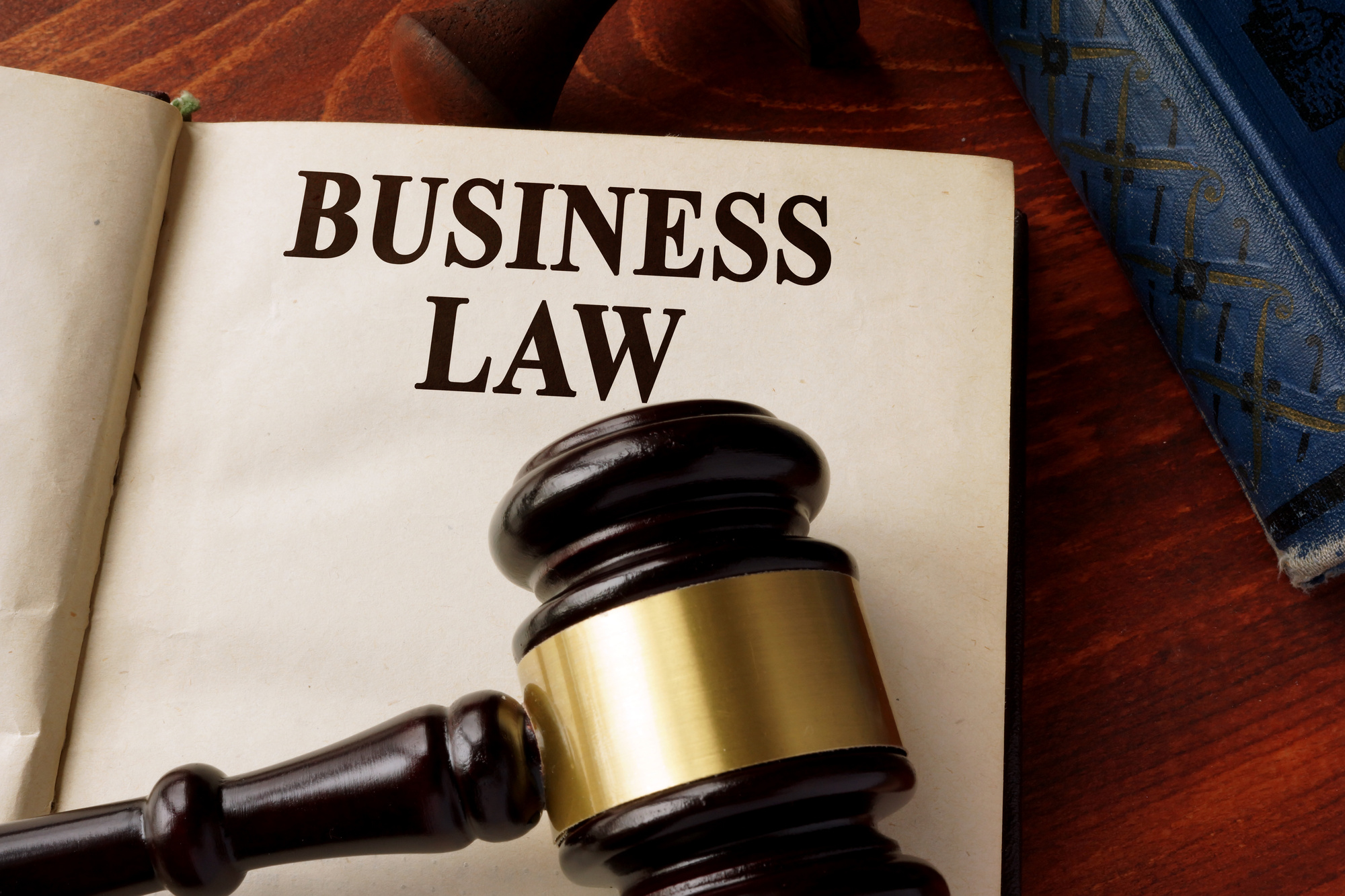
3 Areas of Law Business Owners Should Know
There are over 180 federal laws that govern workplace activities in the US. These laws apply to some 150 million US employees and 10 million workplaces.
As a business owner yourself, it’s a must to know the areas of law that cover occupational settings. You don’t have to memorize all those laws, as you can hire a lawyer for your organization. However, you should at least learn basic business laws, such as the Fair Labor Standards Act (FLSA).
To that end, we created this summary of laws that every business owner should know. Read on to discover what they are so that you can protect your business from legal liabilities.
1. Employment and Labor Laws
These rules regulate employment processes, paid leaves, wages, hours, salary, and employee benefits. They also govern discrimination and harassment at the workplace and employee rights issues.
The FLSA is one example of a law that falls under the US employment and labor laws. It determines the federal minimum wage, which, at this time, is $7.25 per hour. It makes overtime pay mandatory and prohibits child labor.
The Occupational Safety and Health Act (OSHA) is another example of labor law. OSHA monitors and implements rules on health and safety work conditions. It requires employers to give their employees a safe place to work.
Worker’s compensation law, according to Bloomsburglaw.com, also falls under labor laws. Worker’s comp provides medical and salary benefits to employees who get injured or ill on the job. It’s the law in almost all states; Texas is the only place where it’s not mandatory.
2. Taxation Laws
Most US businesses, regardless of size, need an Employer Identification Number (EIN). The EIN serves as an employer’s federal tax ID number. This is the number you need to use when you file and pay your business’ federal taxes each year.
Under the Corporate Tax law, US corporations must pay a 21% corporate tax rate. That rate gets applied to the total profits made by a business each year.
Most states also impose a corporate or business income tax. The rate varies from state to state, so it’s best to hire a lawyer licensed to practice tax law in your state.
Depending on the nature and structure of your business, you may also have to pay property taxes. Be sure to check if you also need to pay employment, excise, sales and use, or estimated taxes. Most self-employed individuals also need to file and pay employment taxes.
3. Intellectual Property Laws
Intellectual property (IP) is a product “invented” or created by a specific entity. IP laws, in turn, protect these products from unauthorized use by others. These laws govern patenting, copyrighting, trademarking, and trade secrets.
When someone uses an IP without authority, the owner can sue them for IP infringement. Such lawsuits are common; about 5,000 to 6,000 patent cases get filed in the US each year. On top of that are 4,000 to 5,000 copyright cases processed each year.
Keep These Areas of Law in Mind To Avoid Legal Disputes
There are many other areas of law that affect businesses, but the ones in this guide are the least you should know. However, the best way to keep lawsuits at bay is to have a go-to team consisting of different types of lawyers. These legal experts can help ensure your business practices are always on the good side of the law.
Ready for more business or legal guides like this? Be sure to check out our other educational news and blog posts then!
